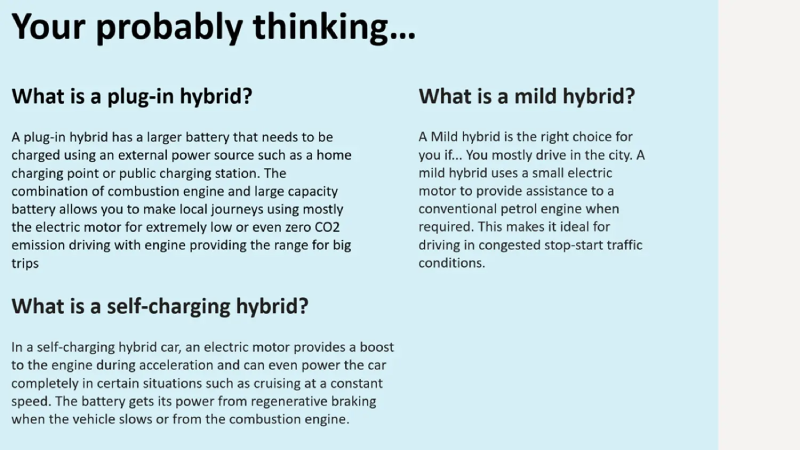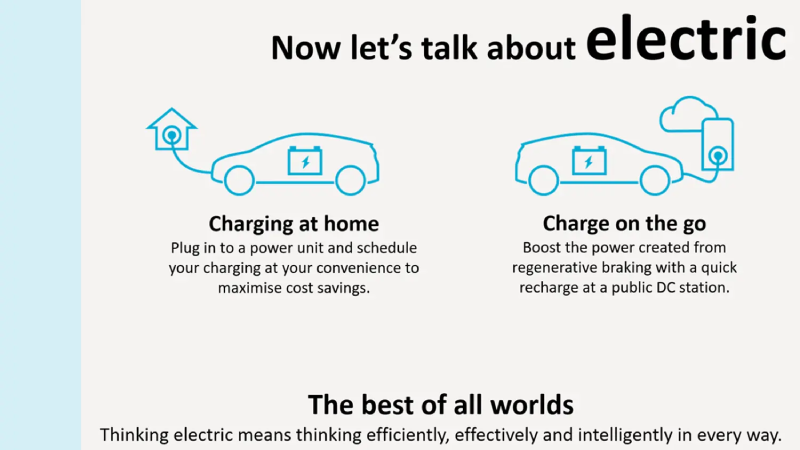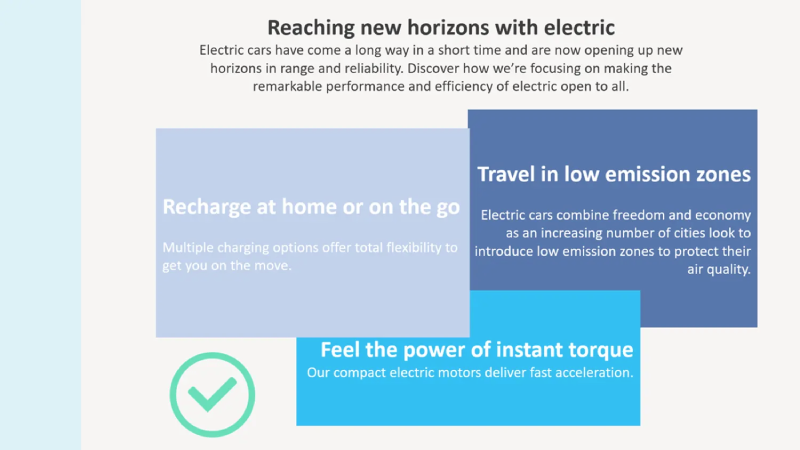Electric & Hybrid at Just Motor Group




Frequently Asked Questions
How do I know an electric car is right for me?
If you are thinking of buying a pure-EV, there are three issues that need to be considered that will determine whether this type of EV is the right vehicle for you: your access to a private off-street charging point, your daily mileage and your overall budget. Here at Just we want to make sure your next car is right for you that’s why our specialist sales team will be there to help every step of the way. Why not come to visit us and spend some time talking about the options available and test drive one of our electric or hybrid vehicles.
How far can a typical EV travel on a single charge?
Most new EVs have a real-world range of somewhere between 80-250 miles, depending on the model. Our range of EV’s have the following ranges…
* The e-C4 and e-208 have up to 217 miles of range (WLTP)
* The e-2008 has up to a 206-mile range (WLTP)
* For Hyundai the New Kona Electric has up to 300 miles of range, the IONIQ offers a range up to 183 miles and the New IONIQ 5 offers a choice of electric range from 238 to 298 miles.
Where are the chraging point locations to charge a electric car?
In the UK there are now more public charging point locations than there are petrol stations. The infrastructure is constantly expanding, and is updated via the satellite navigation system within each Hyundai. To also access the latest locations online, and their operational status we’d recommend looking at Zap Map
How long does it take to charge an electric car?
The amount of time it takes to charge an electric car will depend, mainly on the type of electrical connection you have access to. The slowest charger is a normal three-pin socket, which is best kept for ‘emergency’ use when there is not any other form of charger available. The amount of electrical charge from these is around 2kW per hour. The average capacity for a car battery is around 60kWh.
The most common charger for EV owners is a wallbox, which will normally feed power at either 3.6, 7.2 or 11kWh. There are also public AC chargers, that have similar outputs to a wallbox, so plugging in while you shop or have lunch in a busy city centre would add around 30 miles of range to a car like the PEUGEOT e-2008.
The biggest and fastest chargers of all are called DC ‘rapids’ and can be found at service stations and other locations up and down the country.
What factors could affect the range of an electric vehicle?
Similar to a combustion engine car which can have fuel economy affected by different factors, an electric car is the same. Outside temperature, number of passengers or luggage in the car, driving style, and load on the battery from aspects such as heated seats, or air conditioning can alter the driving range that can be achieved.
Why is it more cost effective to run an electric car?
Dependent on the type of journeys you do, an electric car is cheap to recharge compared to filling the fuel tank on a combustion engine powered car, especially if you can benefit from cheaper overnight electricity tariffs. Low BIK rates for business users also make electric cars a cost-effective option.
How much does a journey in an EV cost?
The answer is typically ‘less than in a petrol or diesel car’ as fuel costs for a petrol or diesel car are usually in the range 10-15 p/mile, and only 3-4 p/mile for a home-charged pure-EV. Because of the variety of models available, each will have different costs per trip, depending on where it is charged, and how efficient the EV is compared to other electric models.
What incentives are there to help me switch to electric?
There are a lot of incentives available to motorists to purchase an electric car. The UK government is extremely keen to promote the uptake of electric vehicles and incentivises their purchase in various ways. The biggest incentive is the Plug-In car grant, which provides a £2,500 contribution to the cost of a new 100% electric car which is priced under £35,000. Alongside this, road tax costs (Vehicle Excise Duty) are £0 and there are substantial tax incentives for business car drivers and businesses to make the switch to pure electric or PHEV vehicles.
What is it like to drive an electric/PHEV?
There is simply nothing like getting into an electric or PHEV and trying it for yourself. Although, we can tell you what to expect, as the experience really is a pleasant surprise to most motorists. You can request a test drive today with your local PEUGEOT Retailer to try one yourself.
Most of the car’s controls will be well known to you so there is nothing to new to worry about. Electric and plug-in hybrid cars are all automatic, so there is no clutch pedal or gear lever. To start driving the car, press the start button to activate the system, select ‘D’ for drive, release the parking brake and set off on your journey.
As an electric motor delivers all its power as soon as you press the accelerator pedal, it feels faster than most cars powered by a combustion engine. They’re also great at holding the road. As the heaviest part of the car – the battery pack – is directly under the car. This means they have a very low centre of gravity which makes them extremely stable when driving around corners.
Are electric cars reliable?
Electric cars have proved to be incredibly reliable. A major reason for this is they have fewer moving parts than a conventionally-engined vehicle. For example, there are no exhausts, fuel delivery systems, oil filters, gears, or clutches to wear out, replace or maintain.






